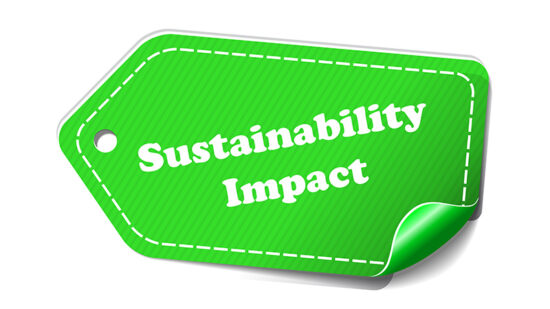In Buchanan’s view, it is not worth going against the tide of the passives industry. WH Ireland’s own core satellite portfolio combines the low-cost features of a passive investment that protects on the downside with an active management overlay.
Sobering returns
The core part of the strategy makes up 80% of the portfolio and features only exchange-traded investments that have global exposure to equities, fixed income, commodities and property.
The satellite component is made up of short-term trades in things such as takeovers and initial public offerings, designed to enhance overall returns and exploit thematic opportunities.
“It is quite sobering looking at the returns of active managers,” says Buchanan, “because a lot of them have significantly underperformed their passive counterparts.”
“For the likes of Vanguard, which was virtually unknown in the country 10 years ago and is now one of the largest providers of passive investments, I see a huge amount of value that can be added through judicious use of passive and active management.”
Last year was one of twists and turns, not only for WH Ireland’s business but for the global economy at large. In a year “when nothing happened according to plan” and the conventional view of equities being risky and bonds being safe went out the window, understanding appetite for risk became even more crucial.
“The art of managing private wealth is understanding what it is that clients are genuinely trying to achieve and, second, what they understand by risk,” says Buchanan.
“Ultimately, risk boils down to the ability to lose money and the willingness to lose money. In a perfect world, those two would go hand in hand but in the real world, there tends not to be a perfect relationship.”







